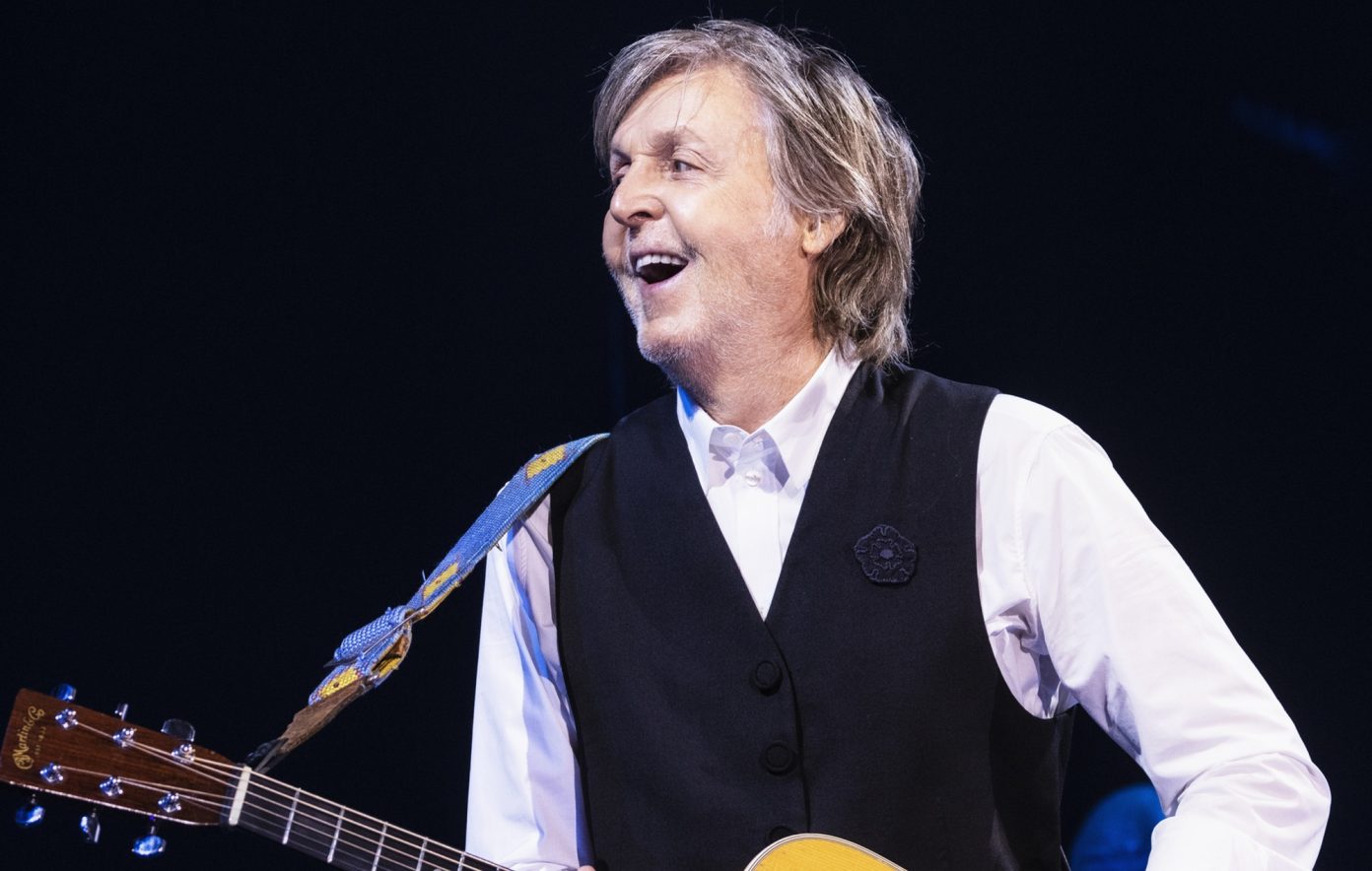The lights dimmed in the Royal Albert Hall, and for a brief, breathless moment, the world seemed to stand still. Then came that familiar piano chord — soft, steady, timeless. Paul McCartney, eyes glistening beneath the stage lights, began to sing “Let It Be.” But this time, the words carried a weight far deeper than nostalgia. This was no ordinary performance — it was a tribute to Jane Goodall, the woman whose life had taught generations the quiet power of compassion.

As the melody filled the hall, images of Jane’s life flickered across the screen behind him — her tender moments with chimpanzees in Gombe, her radiant smile, her tireless fight for the planet she so dearly loved. The audience, a sea of candles and tears, watched in reverent silence. Every lyric seemed to echo her spirit: peace, patience, and hope in the face of chaos.

McCartney paused between verses, his voice cracking slightly as he whispered, “Jane believed in kindness — in the simple act of doing good, no matter how small. This one’s for her.” The hall erupted in quiet applause, many too moved to speak.

By the final chorus, something transcendent filled the room. It wasn’t just music anymore — it was connection. The kind that binds humanity to nature, and one heart to another. As the last note faded, McCartney placed a single white rose atop the piano and looked upward, smiling softly, as if speaking to her spirit.
That night, London didn’t just witness a performance. It witnessed a farewell — tender, luminous, and full of gratitude. Through Paul McCartney’s voice, Jane Goodall’s message lived on: that even in loss, love remains, and through love, the world still finds its light.



